The Hopefuls
In which Norm spins up the recent releases CONCLAVE and WE LIVE IN TIME.
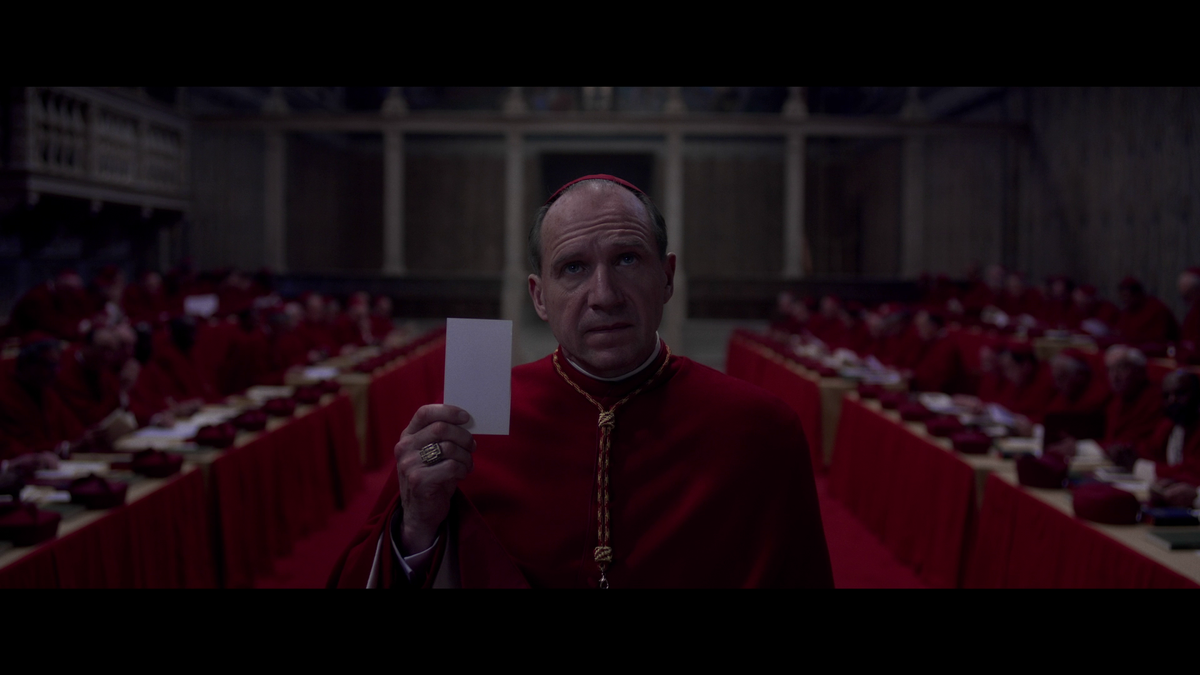
One of the fun things about TIFF – even before I was part of it – was watching producers and distributors line up their awards campaigns. Since the great launchpad year of 1999, when American Beauty, Boys Don’t Cry and The Cider House Rules played the festival and went on to dominate the Academy Awards, the festival has been perceived as the first step on the road to Oscar glory.
Edward Berger’s Conclave and John Crowley’s We Live in Time both came to Toronto with a swagger in their step: Conclave fresh from Telluride, with its big important subject and venerated cast of character actors, and We Live in Time as a world premiere featuring two beloved young actors dealing with little things like love, marriage, parenthood and illness. One big, one small, each one impeccably produced and acted. It’s been interesting to see one become a presumptive favorite while the other’s just sort of fallen away.
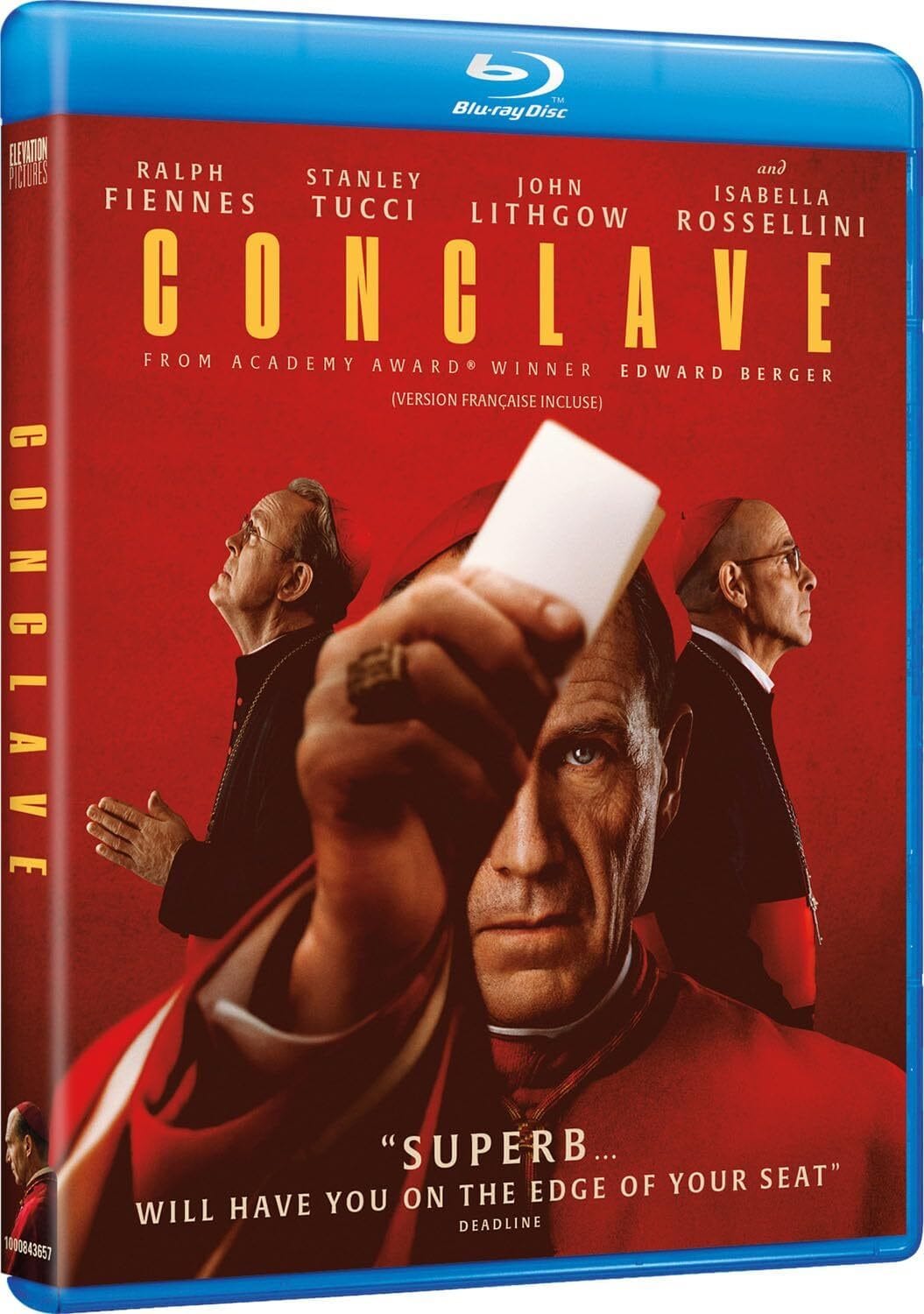
I guess I can see why Conclave, newly released on disc by Elevation Pictures, turned out to have legs. Based on Robert Harris’ novel about the inner turmoil of the Catholic Church when the cardinals assemble to elect a new pope, with a script by Peter Straughan and Edward Berger (whose 2022 adaptation of All Quiet on the Western Front was itself an awards-season dark horse that wound up running off with four Oscars) in the director’s chair, it’s a great popcorn movie, a film that works even better as a pop-art entertainment than it does as a big, important drama. It’s fun.
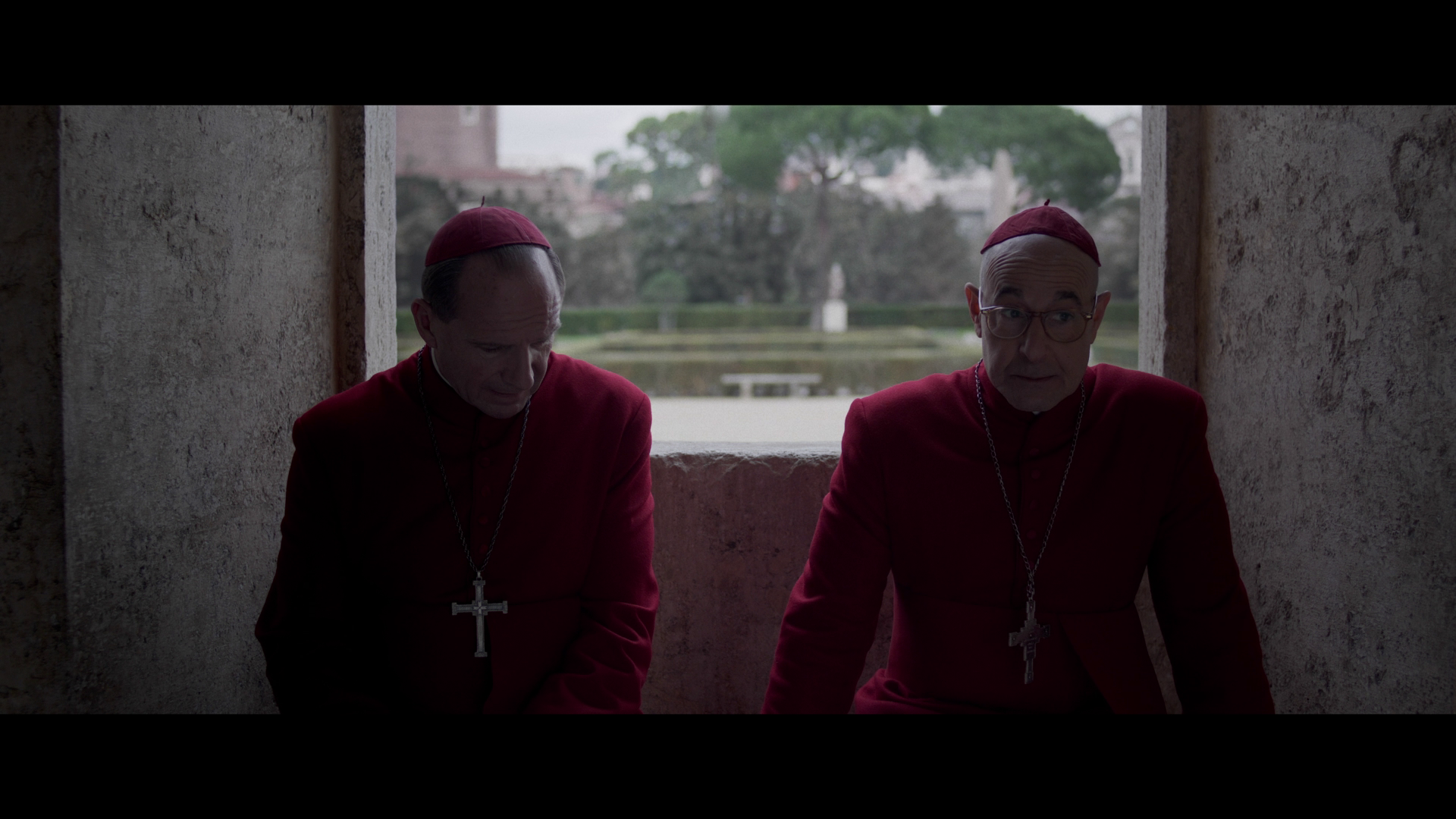
Following English cardinal Thomas Lawrence (Ralph Fiennes) as he runs the College of Cardinals, gathering Church officials from around the world to decide on their next Holy Father while trying to keep his own crisis of faith to himself, Conclave takes the structure of a courtroom drama, with the fortunes of each prospective candidate rising and falling as a roomful of their peers find fault with their histories, their worldview or their temperament.
The initial contenders are the progressive Cardinal Bellini (Stanley Tucci), the moderate Cardinal Tremblay (John Lithgow), the conservative Cardinal Tedesco (Sergio Castellitto) and the even more conservative Cardinal Adeyemi (Lucian Msamati). Each man has a very different vision of the Church – though Tremblay’s vision ultimately amounts to “do what we’re already doing, but I get to be Pope” – and over three days of debate and votes, everyone closed off from a Vatican City enduring its own upheavals, Cardinal Lawrence finds himself an unlikely kingmaker. As internal pressures mount, he finds he might even be a contender himself … though he repeatedly declares he has no interest in the leading the Church. But isn’t that what someone who wants to be seen as humble and self-sacrificing would say?

Conclave is a study in calculation, with characters constantly hiding uncomfortable truths from one another – and maybe even from themselves – in an attempt to curry favor just long enough to seize power. I kept thinking about that old joke about the American presidency: If someone wants it, they shouldn’t be allowed anywhere near it. (Fun fact: While the film feels entirely of the current moment in global politics, Harris has said he was inspired to write the book after the election of Pope Francis in 2013.)
Allegorical or not, Conclave gives us the pleasure of watching a half-dozen terrific character actors wrestle with big important issues for our entertainment, cracking mordant jokes while stabbing each other in the back. For all their power these cardinals can be as small and petty as anyone, their squabbles witnessed by the silent nuns who work to feed, clothe and otherwise support them. They’re represented in the narrative by Isabella Rossellini’s matronly Sister Agnes – but you don’t cast Isabella Rossellini to play a passive role, and Berger knows that.
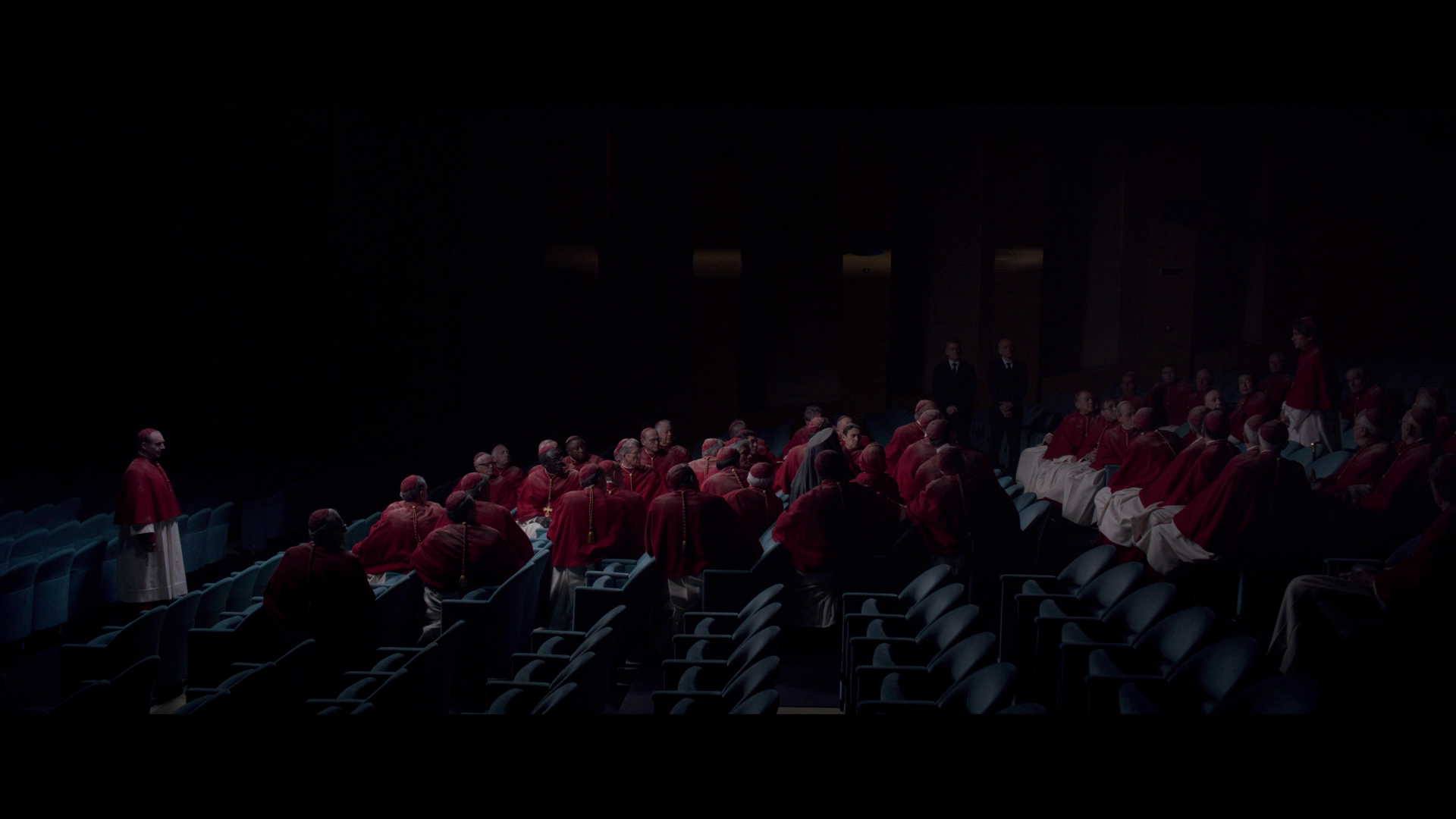
It’s a meticulously planned film, shot by the gifted Stéphane Fontaine with compositions and lighting that suggests the paintings that will someday be made about this historical event.
And yet, Straughan and Berger remain light on their feet even as they ask us to wonder whether it’s possible to see the word of God in a cracked windowpane. And all the while there’s something else going on in the corners, building momentum and shifting the mood of the film from agnostic to beatific.
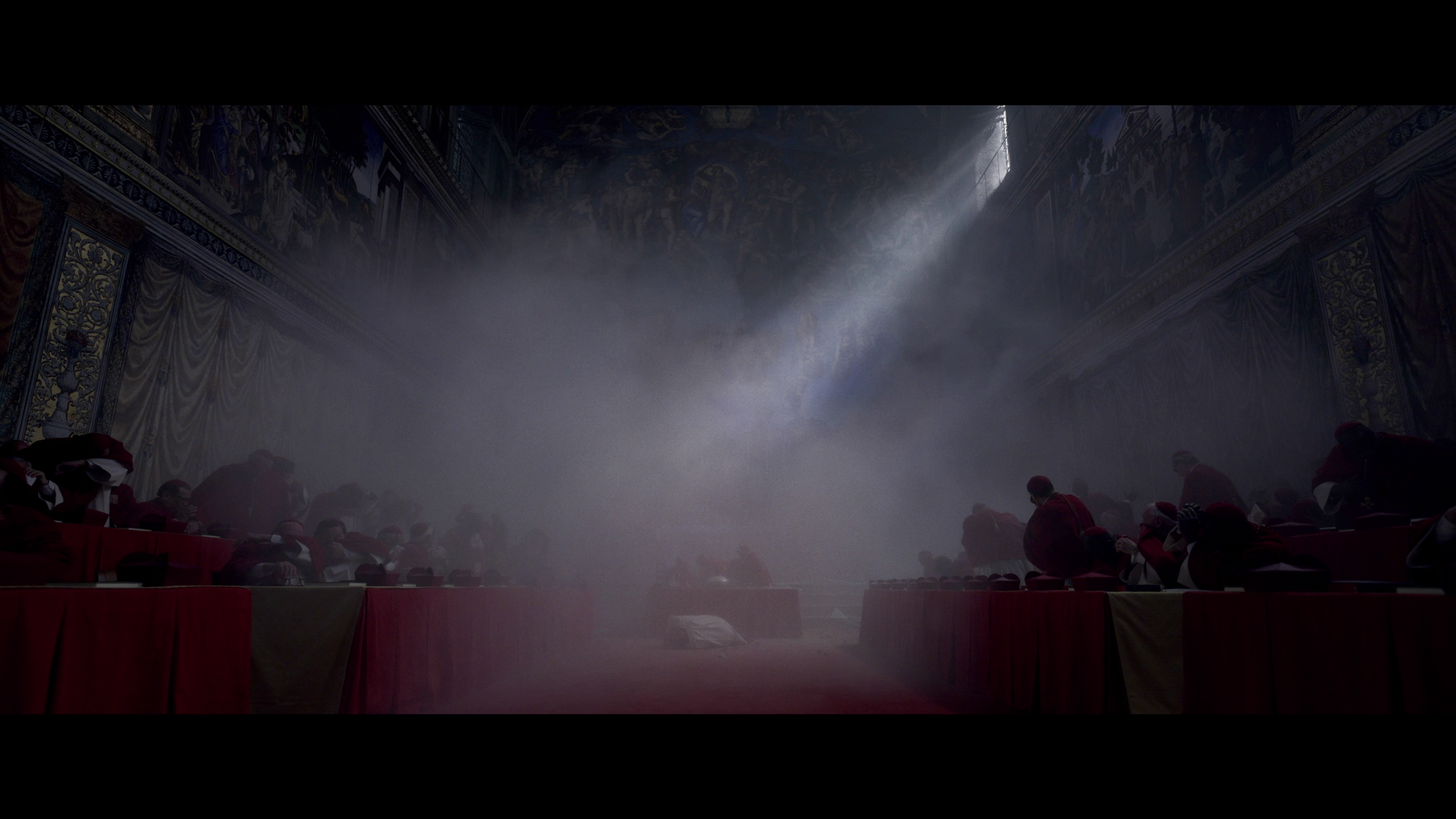
The world may be exploding outside, but within the conclave there is a strange stillness, represented by the heretofore unknown Mexican cardinal Benitez (Carlos Diehz), whom it transpires was a secret appointment by the late pope. He doesn’t raise his voice, he doesn’t pick fights, he doesn’t scheme.
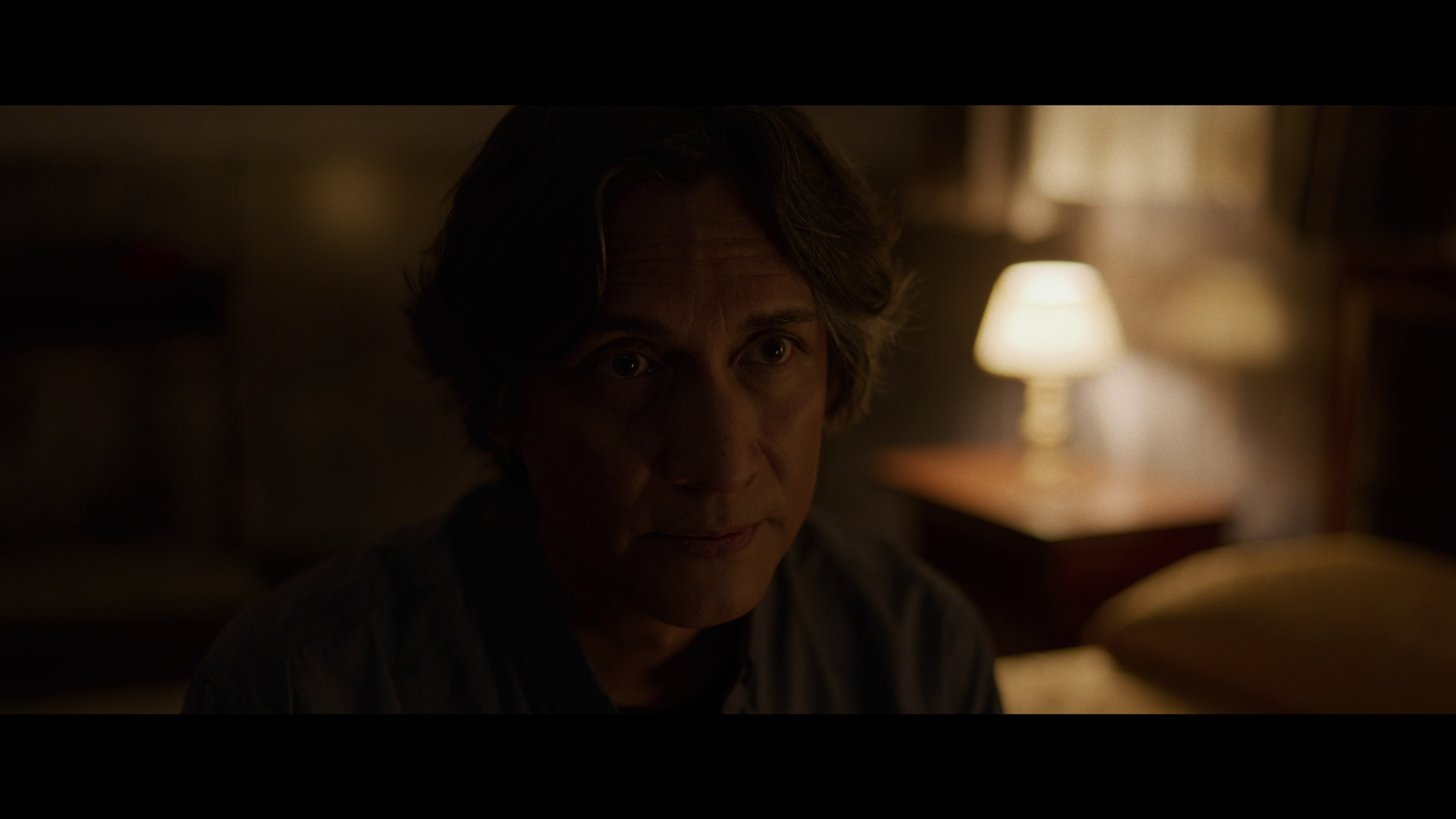
Unless his whole humble authenticity is an act, of course.
Everyone’s doing great work here, but Fiennes – his piercing intensity turned inward into something more worried and doubting – is exceptional. We have to be able to sense what Lawrence is thinking even as he works to hide his thoughts and motivations, and Fiennes manages to project Lawrence’s tortured confusion through his impassive mask.
He's best known for playing villains and monsters, I find him most interesting when he plays complex men trying to find decency in indecent times – Justin Quayle in The Constant Gardener, Monsieur Gustave in The Grand Budapest Hotel, even his version of M in the Bond films. Lawrence is a fine vehicle for his ability to hold compassion and skepticism in the same glance, and the more we learn of his own issues the more compelling he becomes.
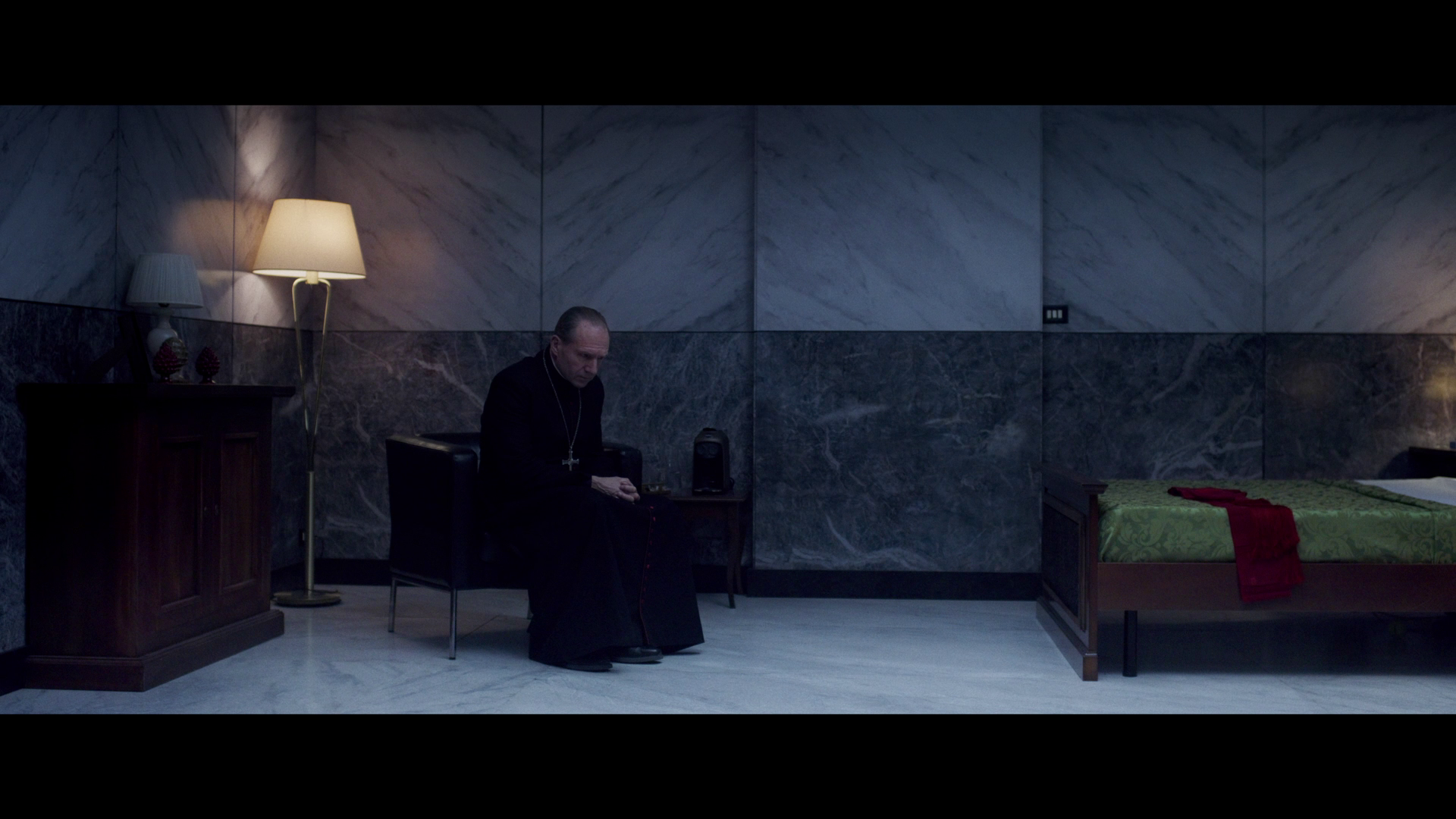
In a very crowded year for awards bait, will Conclave turn out to be the inoffensive, well-made and generally respected picture that runs up the middle to take Best Picture? Maybe! But I hope the Academy doesn’t sleep on Fiennes, either.
If We Live in Time has a shot at anything at this point, I expect it’s in the acting categories. The film is effectively a two-hander between Florence Pugh and Andrew Garfield, who are both very good at what they do and very well-liked in the industry, and if this was a slow year they’d both be locks for nominations and maybe even awards. It’s sort of what the movie is engineered to do. That’s not necessarily a criticism.
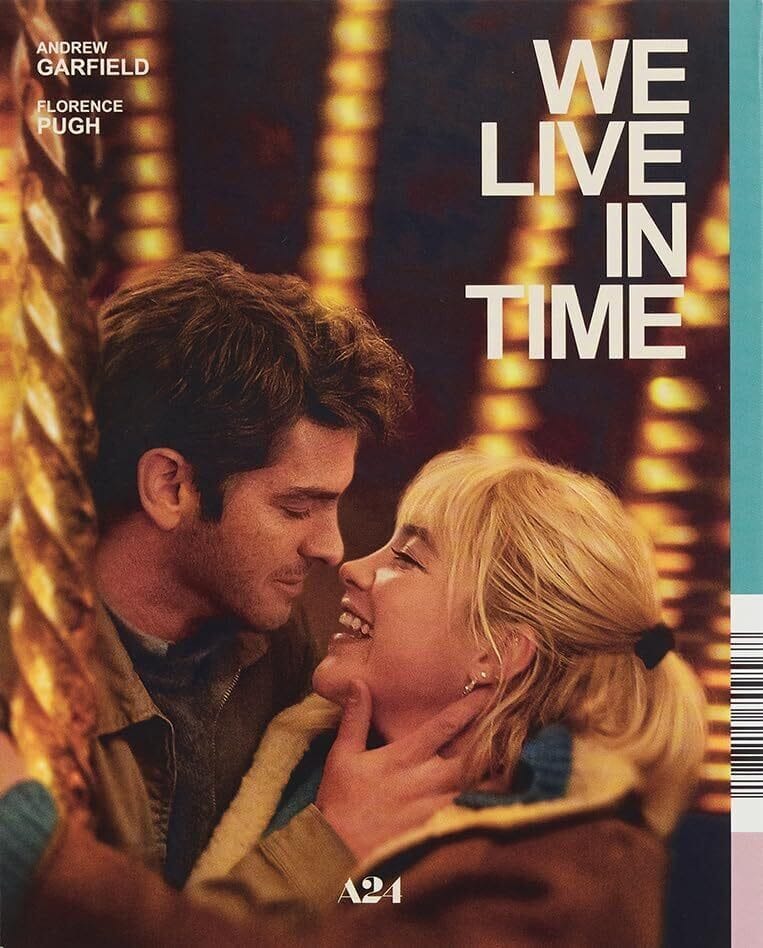
Written by Nick Payne, We Live in Time charts the romance and relationship of Weetabix marketer Tobias (Andrew Garfield) and no-nonsense chef Almut (Florence Pugh) from their meet-cute to what may be the end of their life together. Their story is presented in a scrambled chronology, as Almut and Tobias struggle with health issues, fertility concerns and other, less important obstacles.
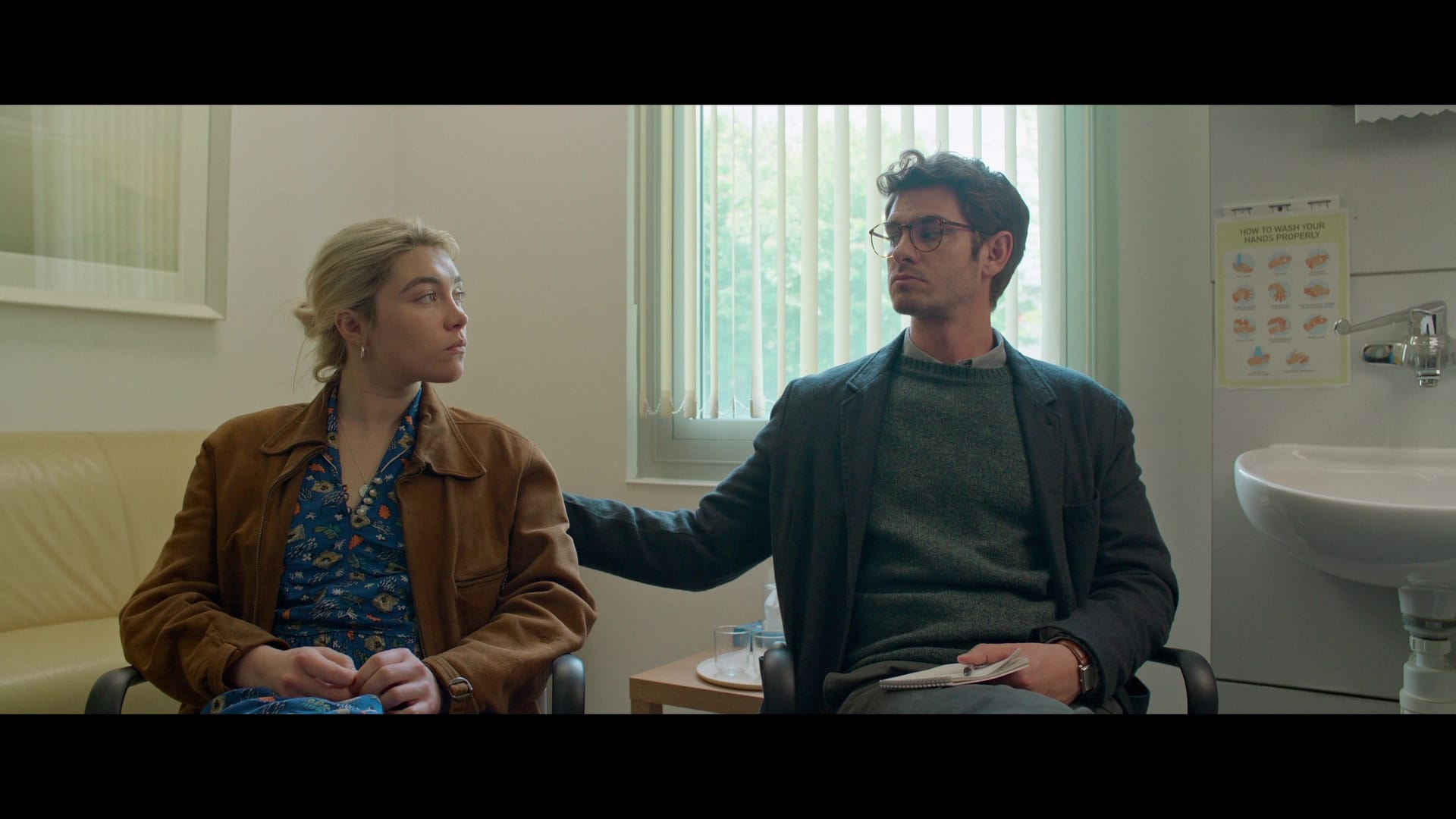
I know Brooklyn was Crowley's big breakout, but Boy A has always been my favorite of his films, so it's good to see him working with Garfield again, and in a very different mode. Garfield was an unknown when he made Boy A, and now he’s a genuine movie star – and confident enough to set his charm and presence aside to play someone who sees himself as ordinary.
Tobias is introduced as a guy who’s grown accustomed to being kicked around by the universe. His job initially feels like Payne’s acknowledgment that it really doesn’t matter what this dork does for a living as long as it allows him to support Almut emotionally and financially; eventually, we are encouraged to admire his reliability even if he is a little dull. He’s good for Almut. Nourishing, even.
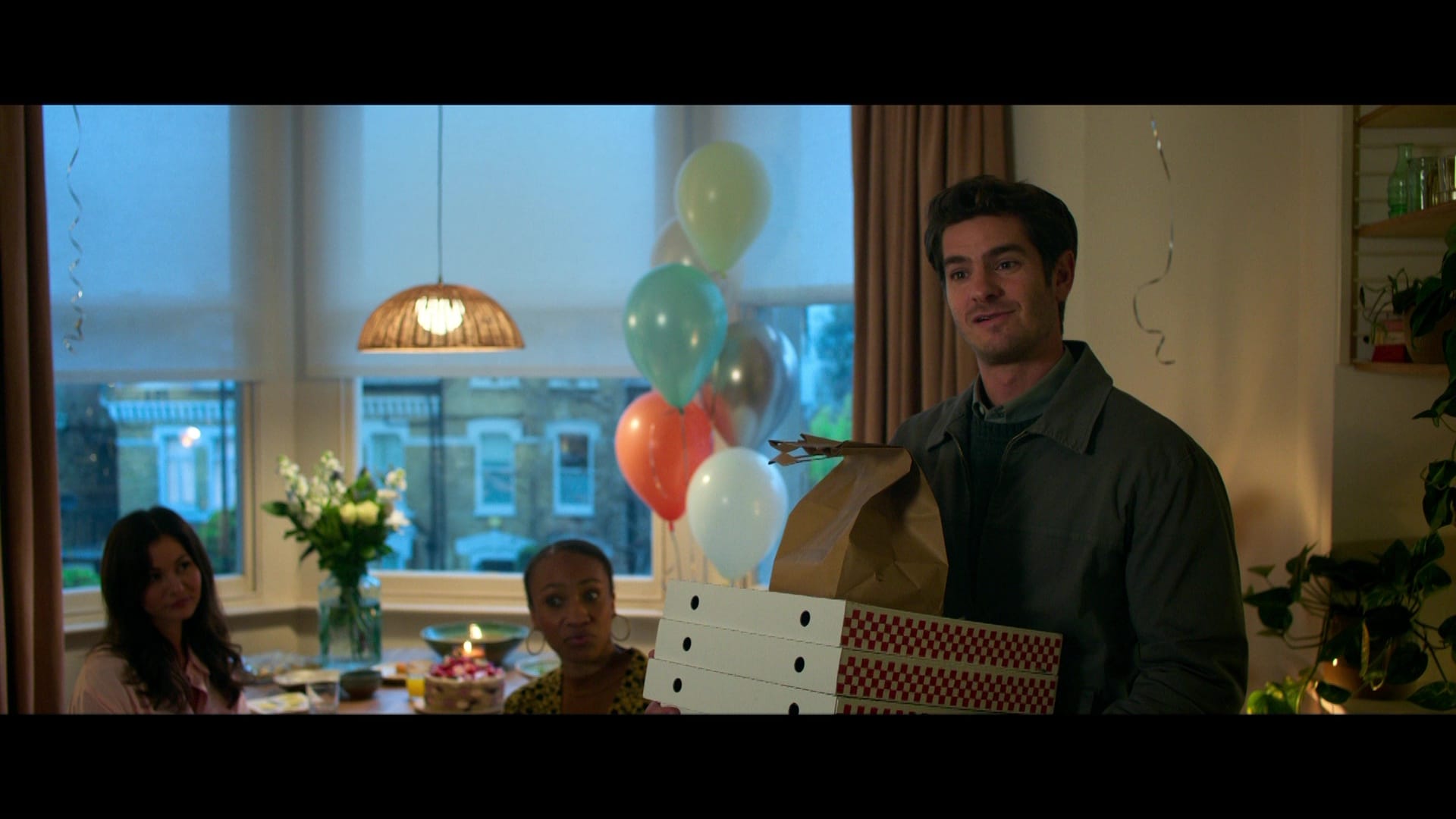
If Tobias risks being seen as a joke on the page, Garfield makes him a whole person, and the work he does keeps Pugh from blowing him off the screen. Because this is Florence Pugh's film, full stop – a showcase for her range, and maybe also a bit of a stunt in the way we’re encouraged to marvel at that range.
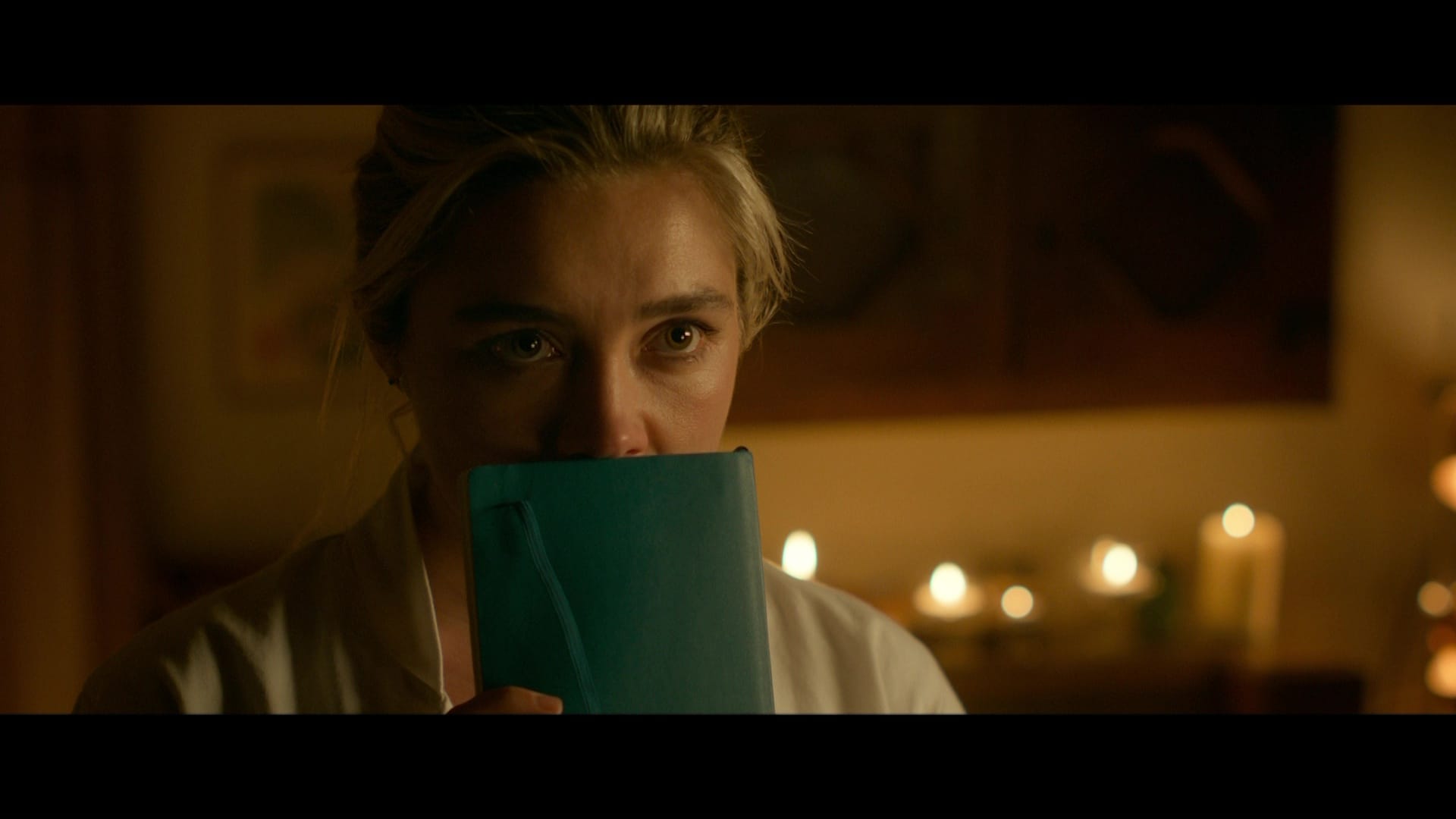
She's pregnant! She has cancer! She's got cancer and she's competing in a pan-European cooking competition! And maybe it is a stunt, but Pugh makes Almut stubbornly, messily real, determined to live her life on her terms for as long as she can – even if she might not have that long.
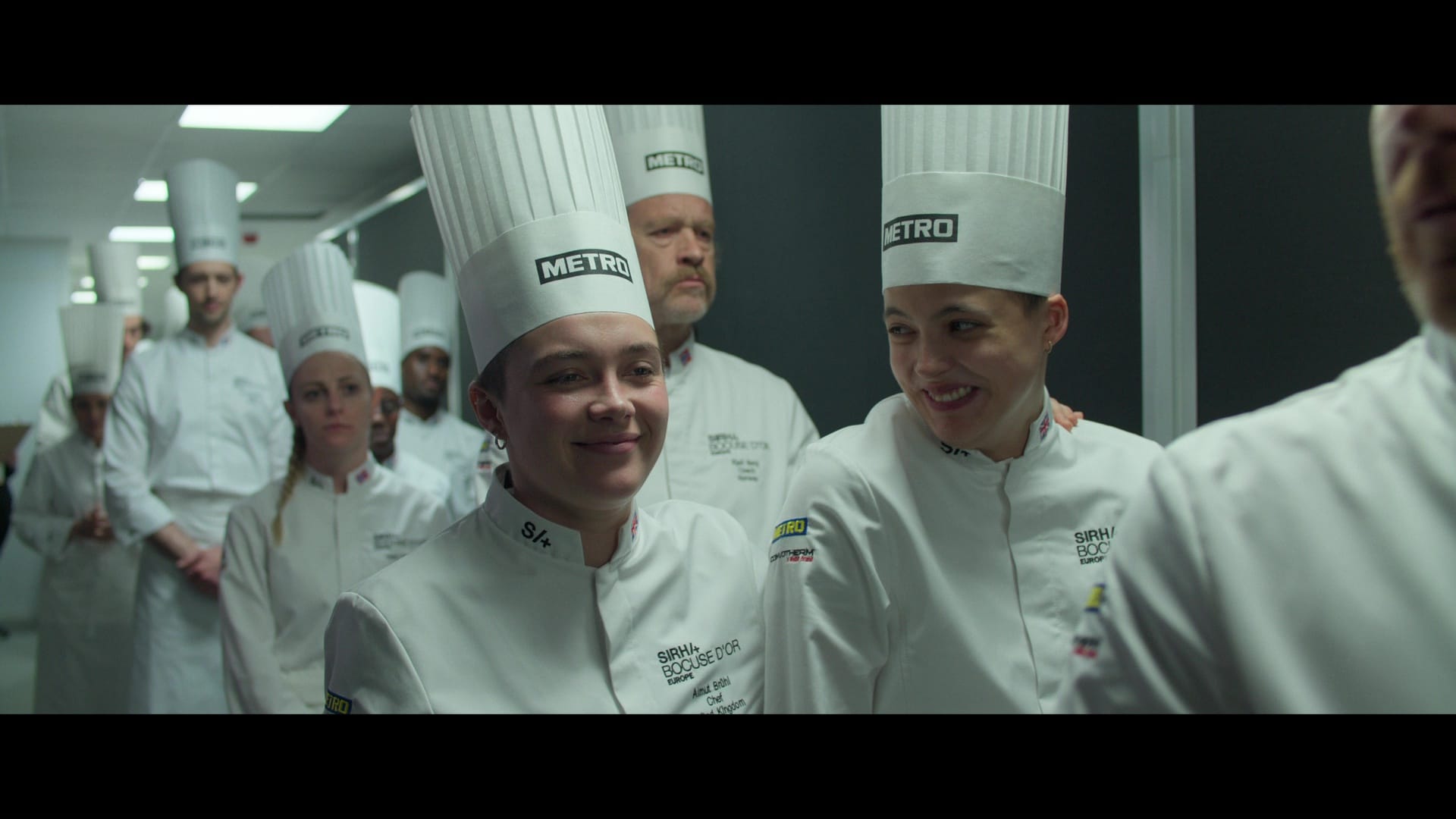
From a purely emotional perspective, the movie works: It's honest about what it wants to do, and it’s determined to wring all of the feelings out of you before the credits roll. I remember a couple of critics grousing that the time-shuffling conceit gives We Live in Time an unpredictability it would not otherwise have, but that’s why it’s there. I’m still not sure why it wasn’t a bigger deal theatrically, except that of course it’s exactly the sort of small, intimate drama people tend to wait to see at home these days. And that might work for the Oscar voters too. We’ll see.
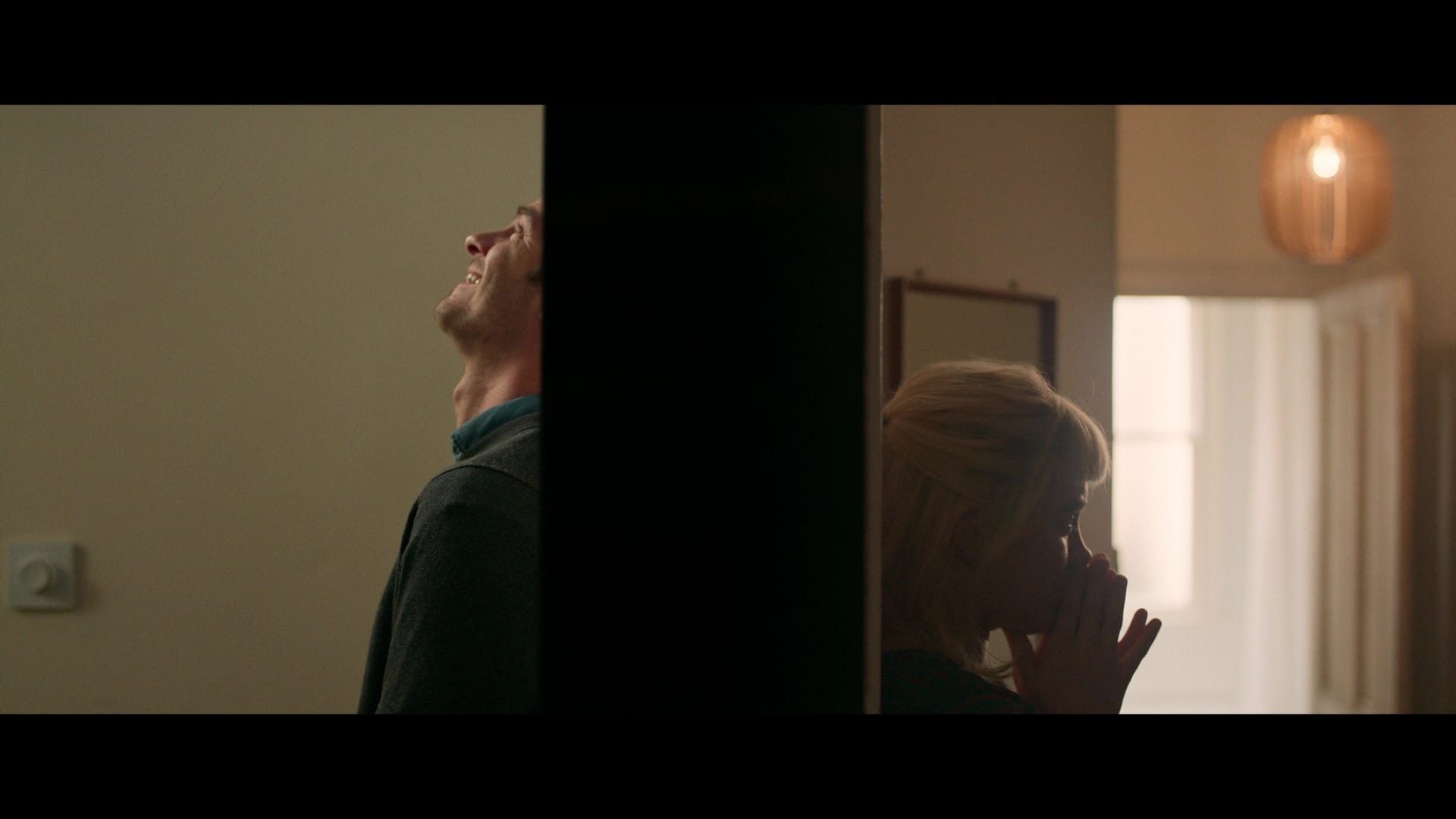
Both Conclave and We Live in Time come to disc in modest special editions. Elevation’s Conclave Blu-ray offers a decent production featurette and a jam-packed audio commentary from director Edward Berger, who praises his cast and crew while also breaking down the construction of every key moment in the film – and a lot of the smaller ones, too – while A24’s We Live in Time BD has a conversational audio commentary from Crowley and Payne and a production featurette, delivered in the studio’s signature minimalist packaging. It also includes a set of stills suitable for framing, if you’re into that sort of thing.
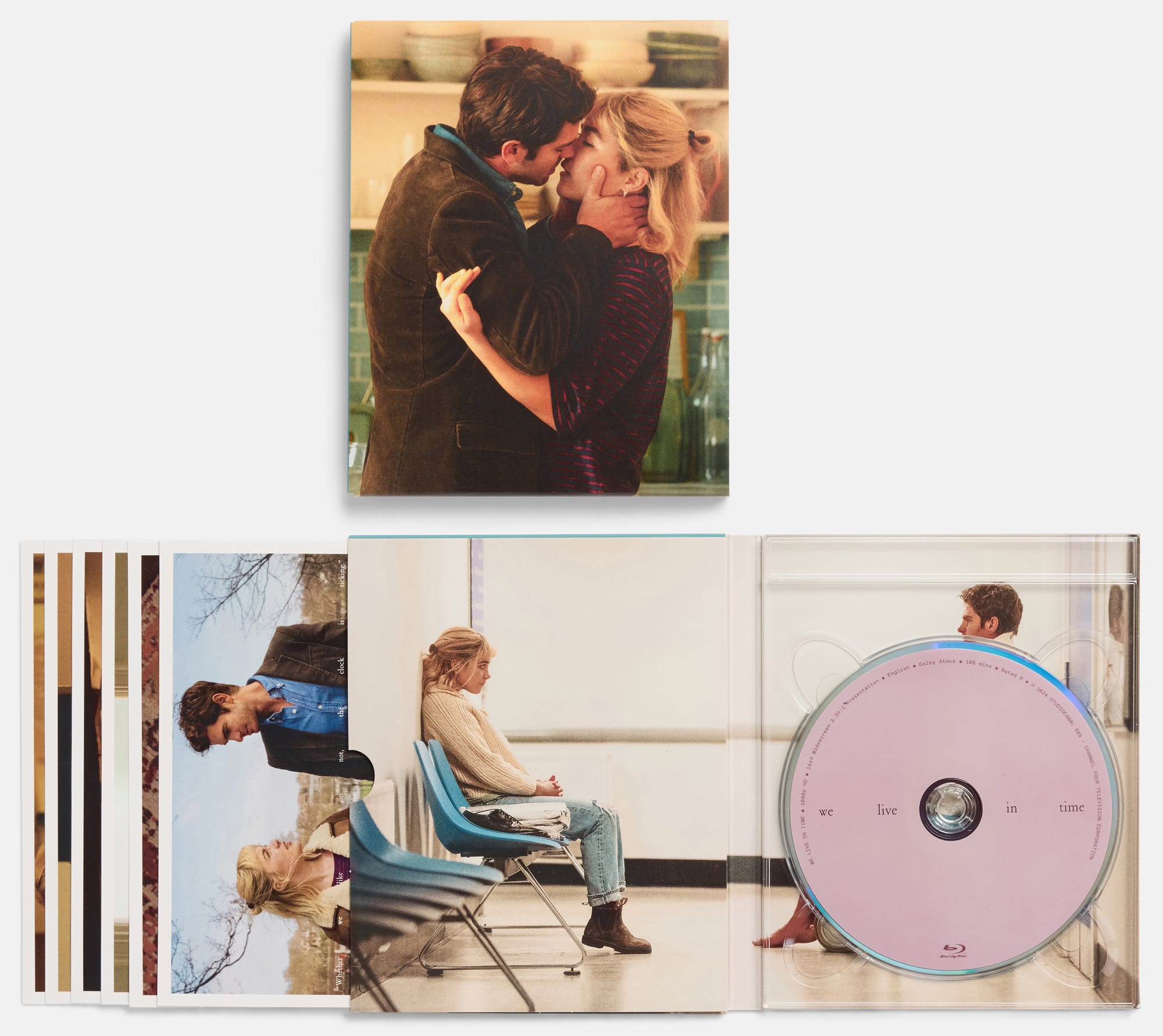
Conclave is now available on Blu-ray from Elevation Pictures in Canada and Universal Pictures Home Entertainment in the US; UPHE also plans to release a 4K edition on February 7th. We Live in Time is now available on Blu-ray directly from A24, and at more discerning video retailers.
Up next: Naomi Scott teaches us all to Smile again, and Via Vision delivers a definitive edition of A Bridge Too Far. Gear up.
